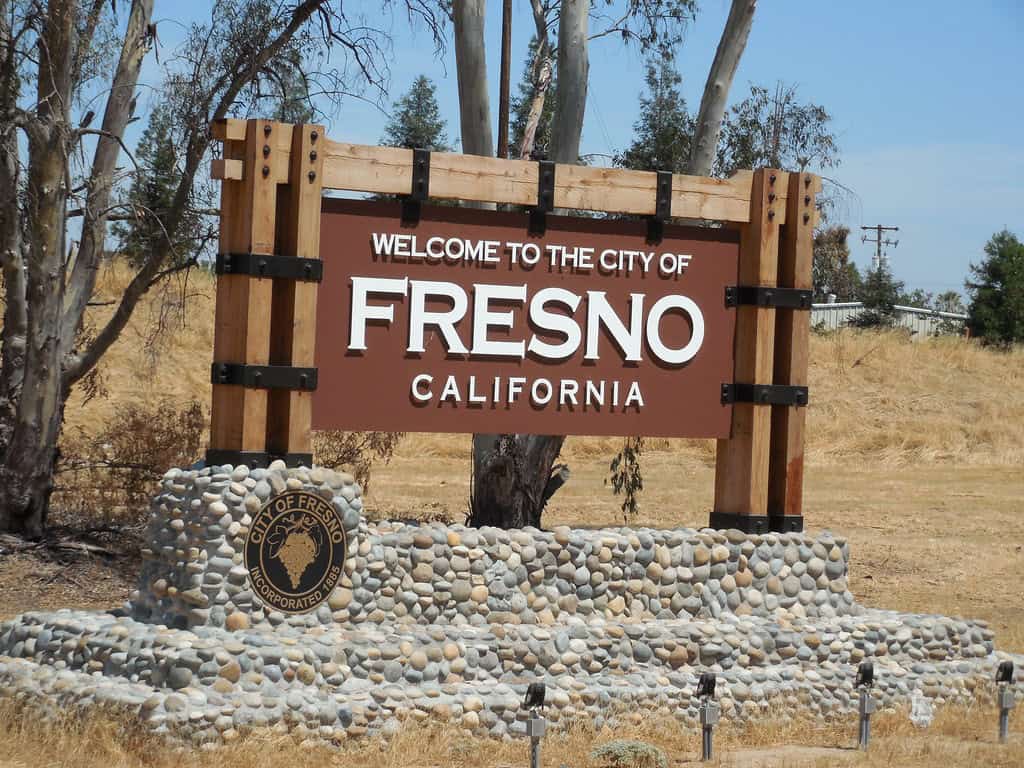Amicus Briefs
Jessop v. City of Fresno
CASE SUMMARY
In 2013, Fresno police investigated Micah Jessop for suspicion of operating illegal gambling machines. The police obtained a search warrant for Jessop’s home and car for evidence and proceeds of illegal gambling. In the course of their search, police seized over $275,000, including a $125,000 coin collection. The evidence inventory, however, reflected just $50,000 seized, and no rare coins. Jessop filed a civil rights lawsuit against the police, arguing that their theft of his property under the guise of a valid search warrant was an unconstitutional seizure.
The Ninth Circuit affirmed the district court’s dismissal of the case on qualified immunity grounds. The Ninth Circuit held that it “is not obvious” that theft by police officers violates the Fourth Amendment’s prohibition on unreasonable searches and seizures. Hence, the court explained, the police officers are immune from suit because they enjoy qualified immunity.
NCLA filed an amicus curiae brief on behalf of Jessop, asking the full Ninth Circuit to rehear the case. NCLA argued that qualified immunity is a flawed, court-invented regime inconsistent in its current form with the letter and spirit of federal civil rights actions. Even if a plaintiff proves that a state actor violated his or her constitutional rights, the victim will not recover damages if the state actor did not violate “clearly established law.”
The Supreme Court has justified such harsh results by explaining that qualified immunity is designed to “provide[] ample protection to all but the plainly incompetent or those who knowingly violate the law.” But in this case, by choosing not to decide whether police-theft violates the Constitution, the Ninth Circuit transformed qualified immunity into absolute impunity from constitutional liability. Even if it wasn’t obvious to the Ninth Circuit that police-theft violates the Fourth Amendment, we concluded, the Ninth Circuit mishandled the case by failing to decide both questions—whether a right exists and whether it is clearly established. This has stunted the development of constitutional law and if the court’s decision remains unchanged, police officers will forever be immune from constitutional liability for blatant thievery.
OUR TEAM
RELEVANT MATERIALS
NCLA FILINGS
PRESS RELEASES
NCLA Amicus Brief Asks Supreme Court to Summarily Reverse Decision Granting Qualified Immunity to Police Officers Who Stole Money While Executing Search Warrant
March 11, 2020 | Read More
NCLA Asks Full Ninth Circuit to Decide that Police Theft During Execution of a Search Warrant Violates the Constitution in Jessop v. City of Fresno
May 14, 2019

